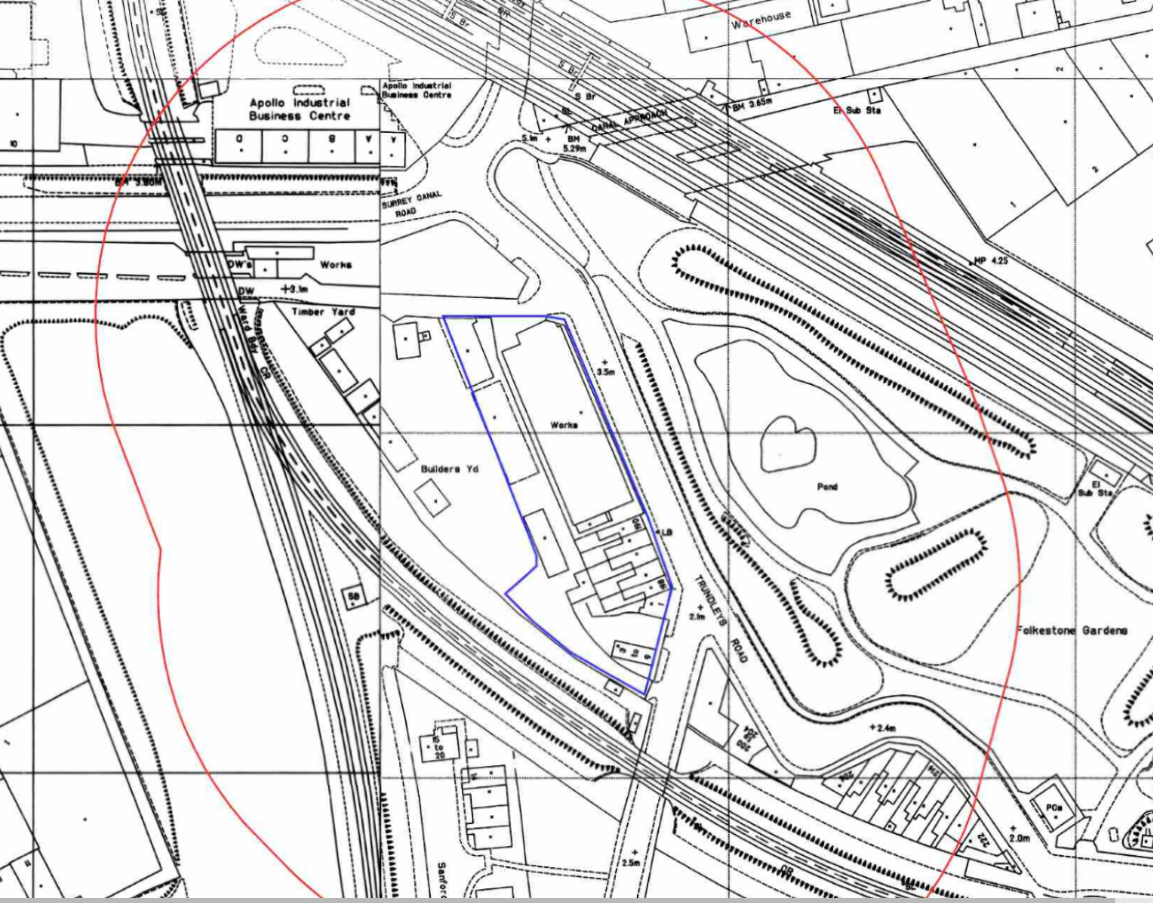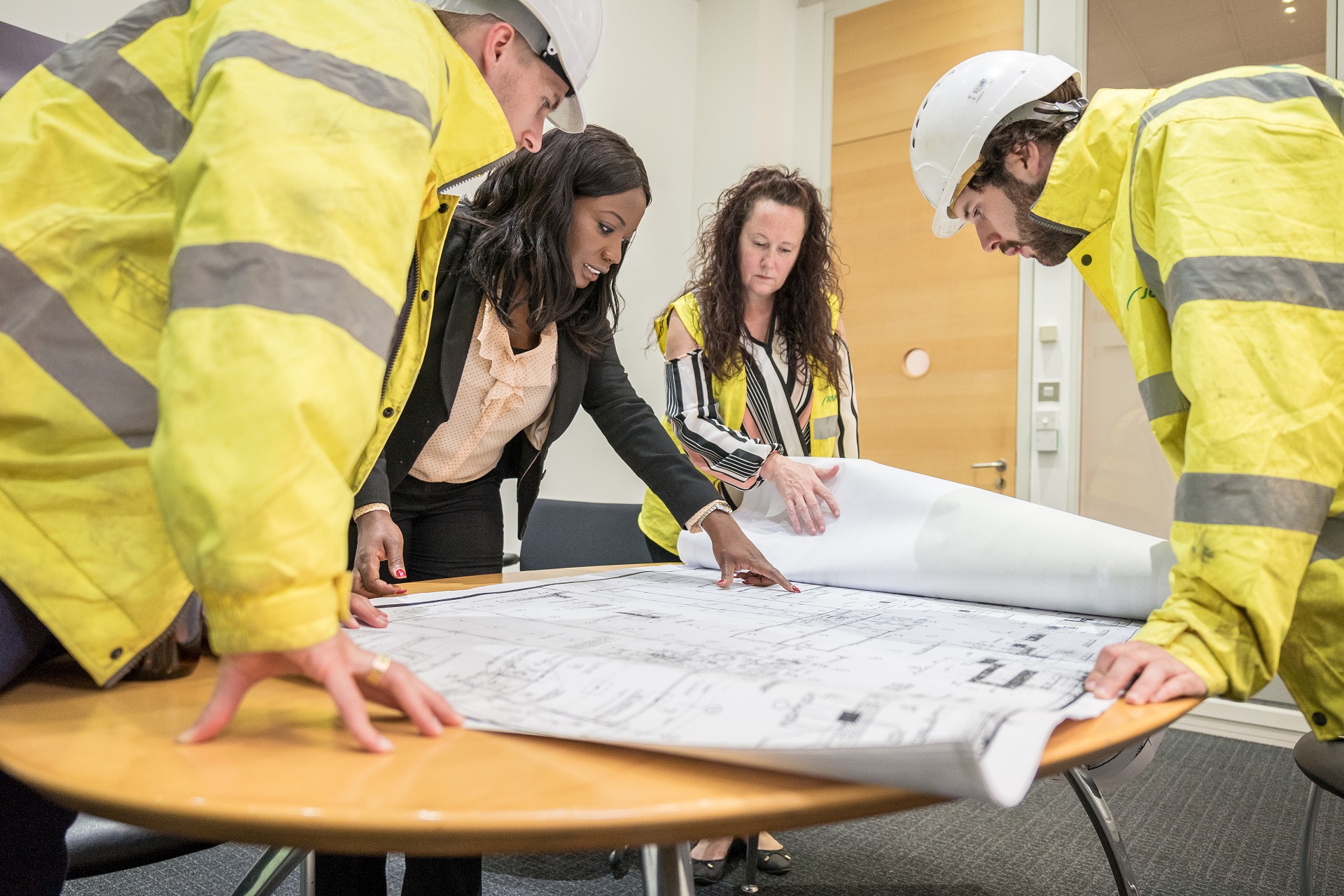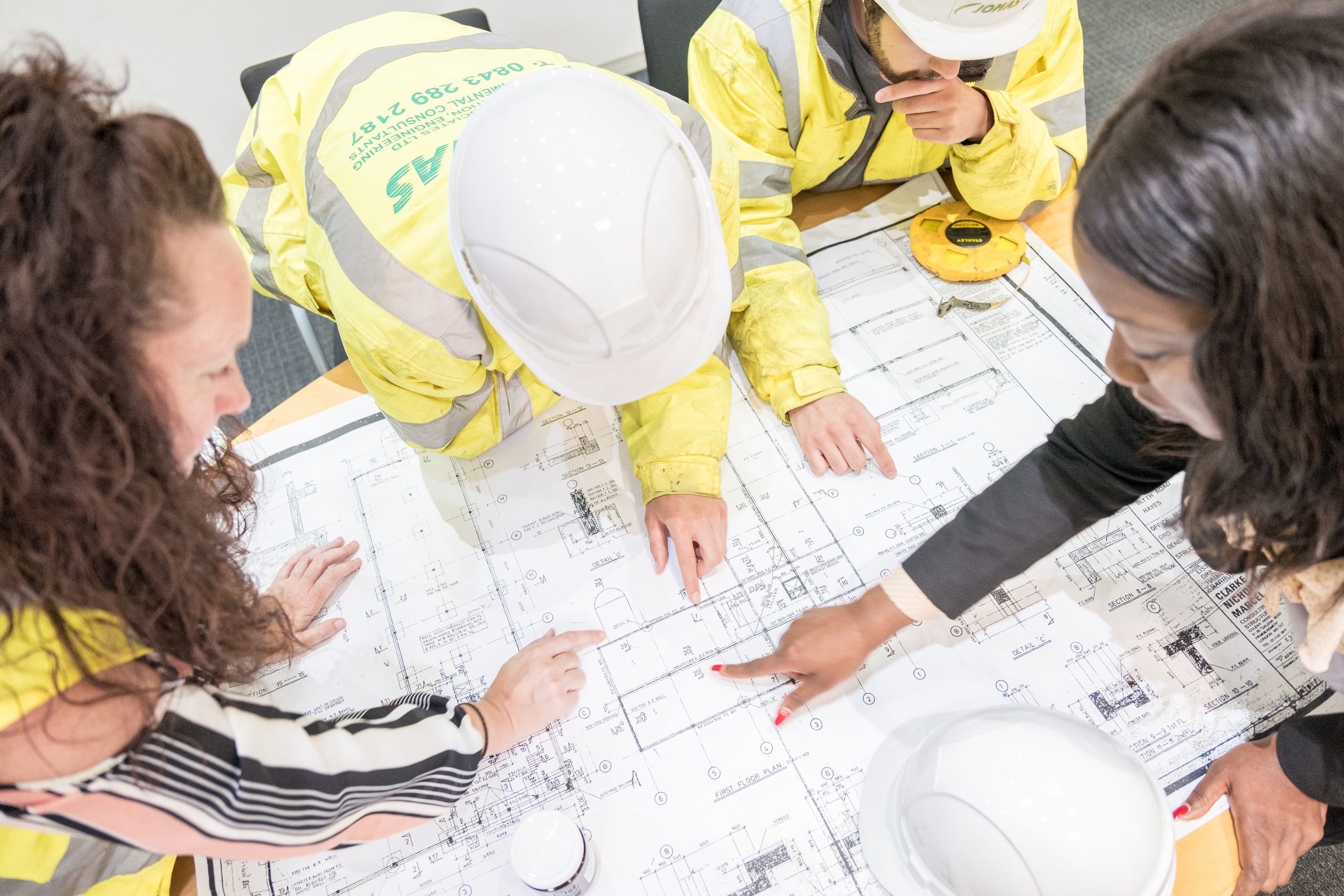phase-1
Land Contamination Desk Study Assessment and Site Investigation Report
To accord with CLR11, NPPF, NHBC 4.1, and other relevant guidance, the findings of the desk study and site walkover, together with an appreciation of the proposed future land use, are used to design the intrusive ground investigation.
JOMAS Associates Ltd are pragmatic in our approach.
We carefully manage our work to avoid escalation of costs.
Intrusive ground investigations typically comprise excavating trial pits and/or drilling boreholes so that the underlying ground conditions can be inspected and samples retrieved for chemical and/or geotechnical testing.
Our investigations are supervised by experienced geo-environmental and/or geotechnical personnel in order to maximise the data collected, and record the ground conditions exposed by the exploratory holes.
JOMAS Associates Ltd provide Phase 1 Land Contamination Desk Studies, mainly, for four reasons;
- To meet planning conditions issued by the local authorities contaminated land officer;
- As a due diligence precautionary measure prior to purchase of either residential or commercial land or property;
- To support the Permitted Development Rights - Prior Notification Application;
- To meet the request of a lender before funds are released.
The Site Walkover allows the site and its surroundings to be inspected. It includes an assessment for potential indicators of contamination, such as distressed vegetation, discoloured soils, polluted water and waste materials (including asbestos if present). Potential ground problems can thus be identified during the walkover.
Due Diligence
To support the land pre-purchase due diligence process, we conduct site appraisals to determine potential abnormal development costs. We identify worst case remediation costs for dealing with identified contamination, as well as providing our client with options for minimising remediation costs to allow for a feasible development.
Jomas prepare all Phase I desk study reports in accordance with CLR11, BS10175 and BS5930 – we have not had a report rejected by a Local Authority to date.
The information from the Phase 1 Land Contamination assessment is used to develop a “Conceptual Site Model”, which forms the basis for the Phase 2 Land Contamination intrusive investigation, should one be considered necessary.



